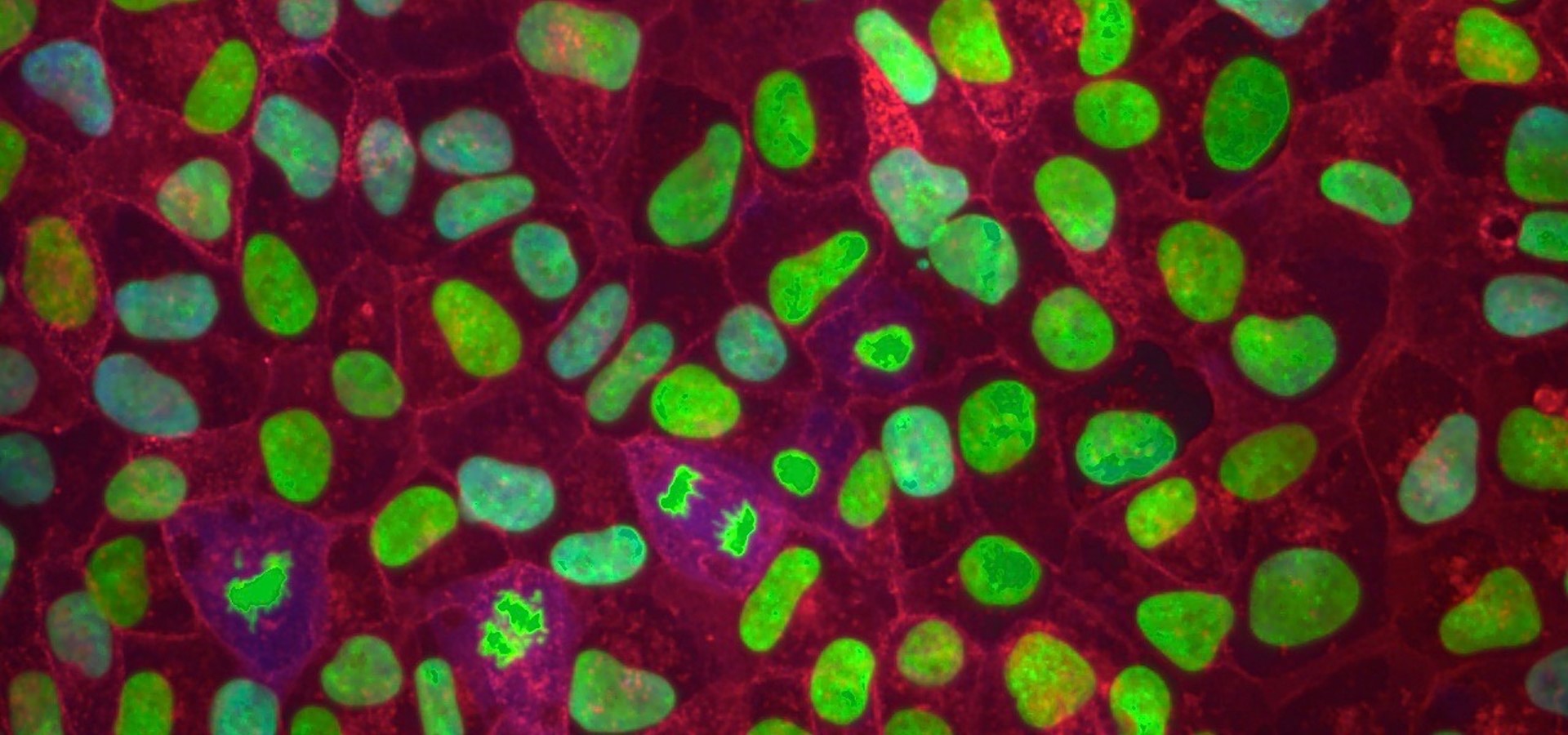RNA Technologies
The 2024-2029 Strategic Plan of the Italian Institute of Technology recognizes the need for broader synergies to focus and deploy sufficient critical mass on selected topics. The RNA Technologies flagship, stems from the previous RNA initiative, and leverages IIT’s pioneering research on RNA to drug the undruggable
IIT OpenTalk Magazine - Highlights Show all >

